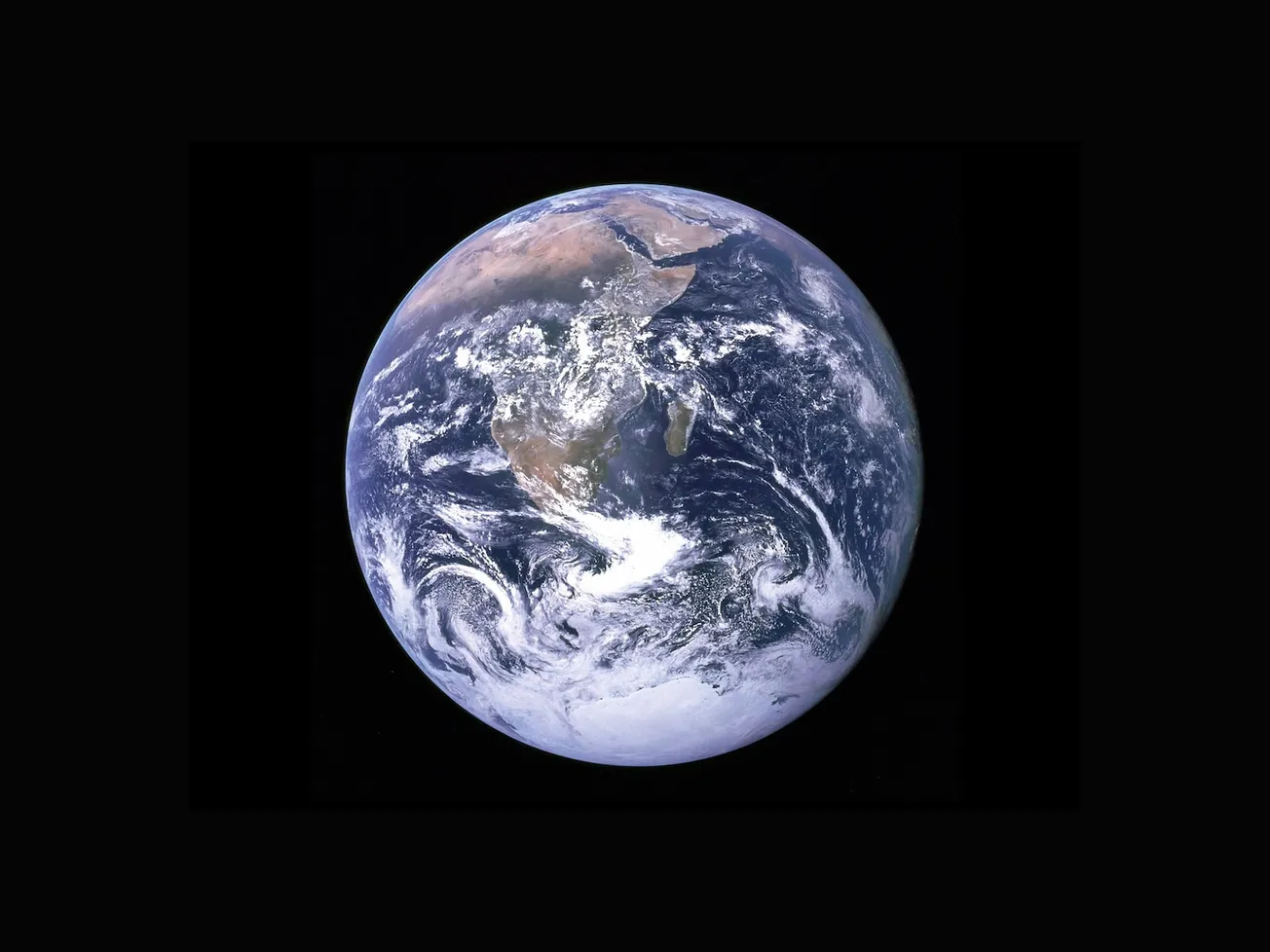Table of Contents
As I wrote recently, contrary to the gloomy Malthusianism of the green left, we humans may effectively never run out of resources. There may not be a Planet B, but we probably won’t ever need one. The Earth provides and will continue to do so.
This, of course, flies in the face of the ruling doom-narrative. There can’t be infinite growth on a finite planet! wail the green Jeremiahs. To be fair, this seems self-evident. But is it true? Like many things that seem “just obvious”, in real terms it may in fact not be.
That’s the argument of a new book by David Deutsch, The Beginning of Infinity: Explanations That Transform the World.
David Deutsch’s book offers a detailed and thought-provoking criticism of the concept of “Spaceship Earth” […]
The concept of Spaceship Earth assumes that Earth is a closed system, similar to a spaceship, with finite resources that must be carefully managed to avoid depletion. However, Deutsch challenges this notion by highlighting the vastness of the universe and the potential for human creativity and ingenuity to overcome apparent limitations. He argues that Earth is not truly a closed system but part of a much larger cosmos, offering access to virtually unlimited resources.
The most obvious rebuttal of Earth as a closed system is the Sun. Every second, the Sun pours 173 Peta Watts (PW) of energy onto the Earth. That’s more solar energy in a single second than humans consume every seven years. Of course, harnessing that energy cheaply and effectively is the challenge, but still, the fact remains that there is an effectively limitless source of energy right over our heads.
In a relatively trivial manner, too, the Earth gains matter every day from outside its system. More than 5,000 tonnes of extraterrestrial dust falls on the Earth every day. But much, much more, and more valuable, resources lie just outside our current reach. There may be no Planet B, but there are literally billions of planetismals in our immediate neighbourhood which harbour vast amounts of stuff we crave. Asteroid mining remains just a concept for now, but the possibility of at least robotic mining could be just decades away.
The Spaceship Earth concept assumes that resources on Earth are fixed and finite, leading to concerns about scarcity and the need for careful resource management. Deutsch challenges this perspective by emphasizing the role of human knowledge and technology in resource creation and transformation […]
He argues that humans possess a unique capacity to create and understand explanations, enabling us to manipulate our environment and shape our destiny. This ability to develop new knowledge and explanations has been the driving force behind human progress throughout history.
Deutsch cites the example of the green revolution in agriculture. He highlights how the development of high-yielding crop varieties, improved irrigation techniques, and enhanced agricultural practices have led to significant increases in food production. Through the application of scientific knowledge and creative problem-solving, humans have overcome previous limitations and ensured an abundant food supply.
Human ingenuity is how our species, even in its primitive infancy, was able to successfully populate almost every environment on Earth. It’s how we became the dominant species on the planet. With great power, though, as the saying goes… It’s also why environmental stewardship is a human responsibility. Rather than the simplistic and contradictory human/nature dichotomy of the green movement, humans are the gardeners of the planetary estate.
Deutsch acknowledges the concerns about environmental degradation and the need to protect ecosystems. He recognizes that human activities can have detrimental effects on the environment and biodiversity. However, he argues that the solution lies not in limiting human progress or reverting to a primitive lifestyle but in harnessing our knowledge and technological capabilities to find innovative and sustainable solutions […]
Deutsch explores the concept of human exceptionalism and its implications for the Spaceship Earth concept. He argues that humans are not merely one species among many but possess unique qualities that set us apart. Deutsch believes that humans are the only known entities capable of creating knowledge and explanations, making us fundamentally different from other living beings.
To illustrate this point, Deutsch highlights the example of the eradication of smallpox. He explains how through scientific knowledge and global cooperation, humans eliminated the smallpox virus, thereby eradicating a once-devastating disease. Deutsch suggests that this achievement demonstrates the exceptional capabilities of humans to shape and control our environment, challenging the notion that we are passive passengers on Spaceship Earth.
Human Progress
And here’s where the “sustainability” cult runs counter to human ingenuity. The sustainability cult wants us to stand still or go backward, and minimise human impact on the environment. But humans, like all living things, inevitably impact their environment. That impact, though, counter to the sustainability cult’s base assumptions, need not be inevitably catastrophic.
Because, unlike any other living thing, humans are capable of making conscious decisions that impact their environments. And when humans grow and flourish, and they are able to choose between mere survival and looking after their environment, they invariably choose the latter. Environmentalism is a rich human’s choice.
And the Earth will provide.









